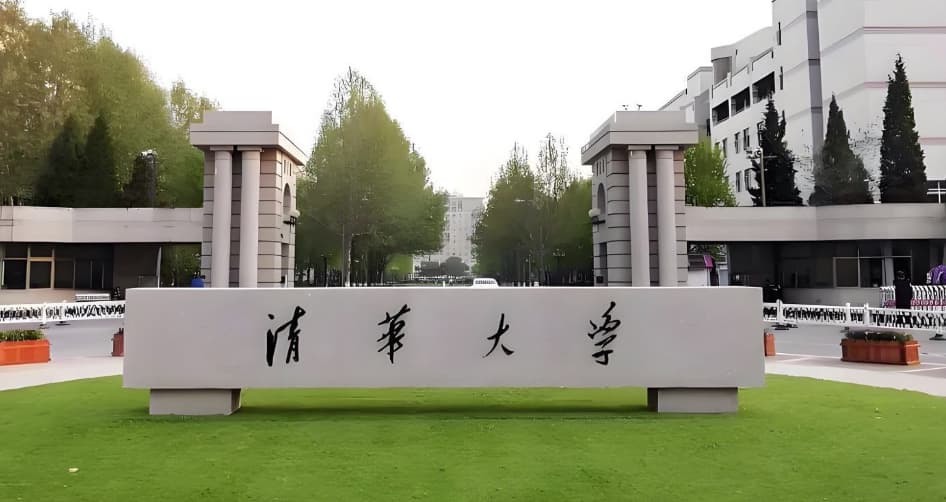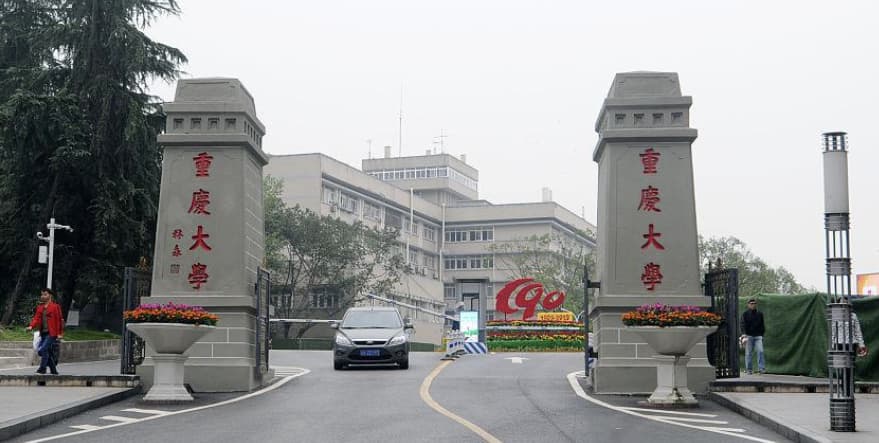考研复试英语面试高频问题深度解析与应答策略
在考研复试的英语面试环节,考生往往面临诸多挑战,尤其是如何精准回应考官提问并展现自身优势。本文将深入剖析3-5个常见英语问题,结合实际场景提供详尽的回答技巧,帮助考生在有限时间内构建完整、有逻辑的回答框架。通过实例解析,考生可掌握从审题到表达的全流程应对策略,为复试表现增分添彩。
常见问题解答与应答技巧
问题1:请用英语介绍一下你的本科毕业论文选题及研究意义
在回答此类问题时,考生需注意将学术性与个人能力展现有机结合。明确指出论文题目并简述研究背景,例如:"My undergraduate thesis focuses on the impact of digital transformation on small enterprises, specifically analyzing how cloud computing technologies can enhance their operational efficiency." 接着,深入阐述选题的研究意义,可从理论贡献和实践价值两方面切入:"Theoretically, this study bridges the gap between digitalization theories and SME management practices. Practically, it provides actionable insights for entrepreneurs facing technological adoption challenges." 强调个人在研究过程中展现的能力,如数据分析、批判性思维等:"Through this research, I developed strong data analysis skills and learned to synthesize complex information into practical recommendations."
问题2:你为什么选择报考我们学校的研究生项目?
回答该问题时,考生需展现对目标院校的深度了解和个性化匹配度。建议从学术资源、导师团队、项目特色三个维度展开:"First, I am particularly impressed by our university's cutting-edge research facilities in artificial intelligence, which align perfectly with my interests in machine learning algorithms. Second, Professor Wang's team has published seminal works on natural language processing that deeply resonate with my research direction. Most importantly, the interdisciplinary curriculum allows me to integrate computer science with my background in linguistics." 同时,强调与项目的契合点:"My previous internship at the university's lab gave me firsthand exposure to collaborative research environments, which I believe will complement my graduate studies."
问题3:描述一次你解决复杂问题的经历,并说明从中获得的成长
此类行为面试题考察考生的逻辑思维与反思能力。推荐采用STAR法则构建回答框架:Situation(情境)需具体化,如:"During my final year project, we encountered a data inconsistency issue when integrating three different enterprise systems." Task(任务)要明确:"My role was to develop a reconciliation algorithm within the given timeline." Action(行动)需突出个人贡献:"I proposed a hybrid approach combining regular expressions with machine learning clustering, which reduced errors by 85%." Result(结果)要量化:"The solution was implemented across the department and improved system reliability by 40%." 最后总结成长:"This experience taught me to balance theoretical knowledge with practical constraints, and to communicate technical issues to non-expert stakeholders effectively."


.jpg)
.jpg)
.jpg)

.jpg)

.jpg)
.jpg)
.jpg)